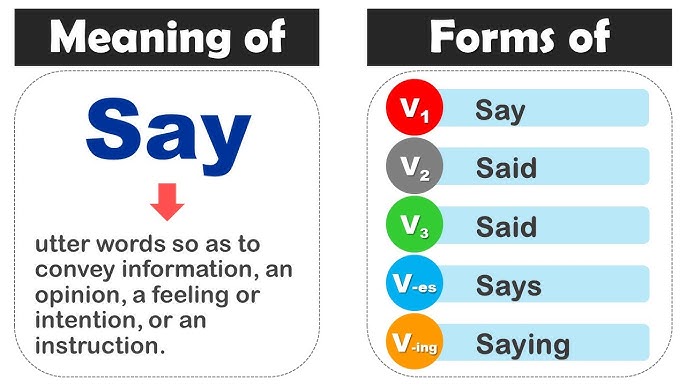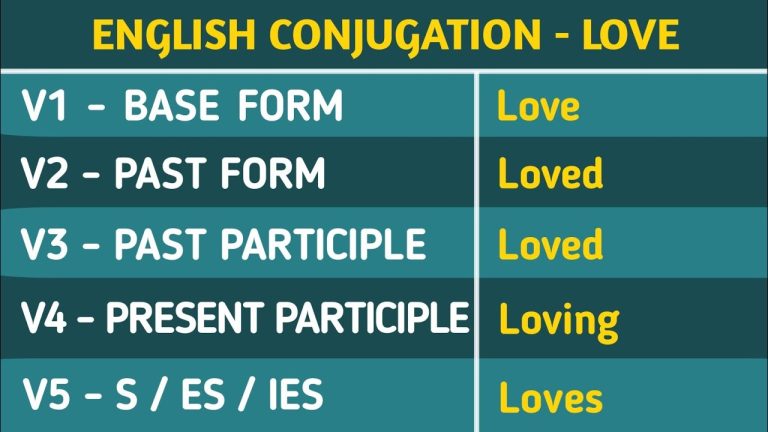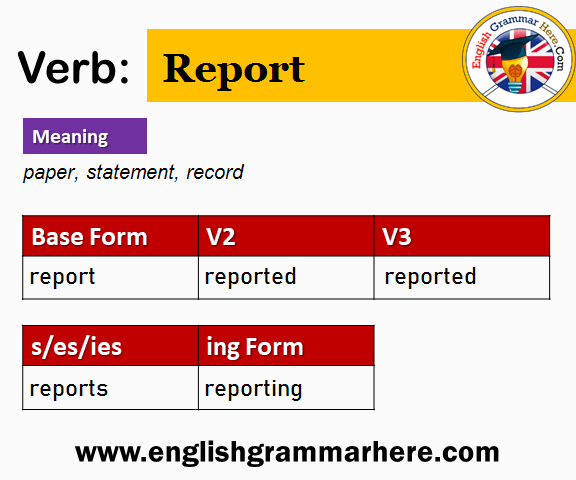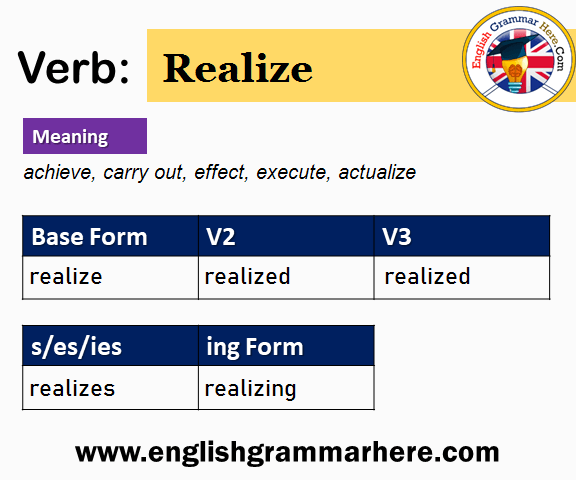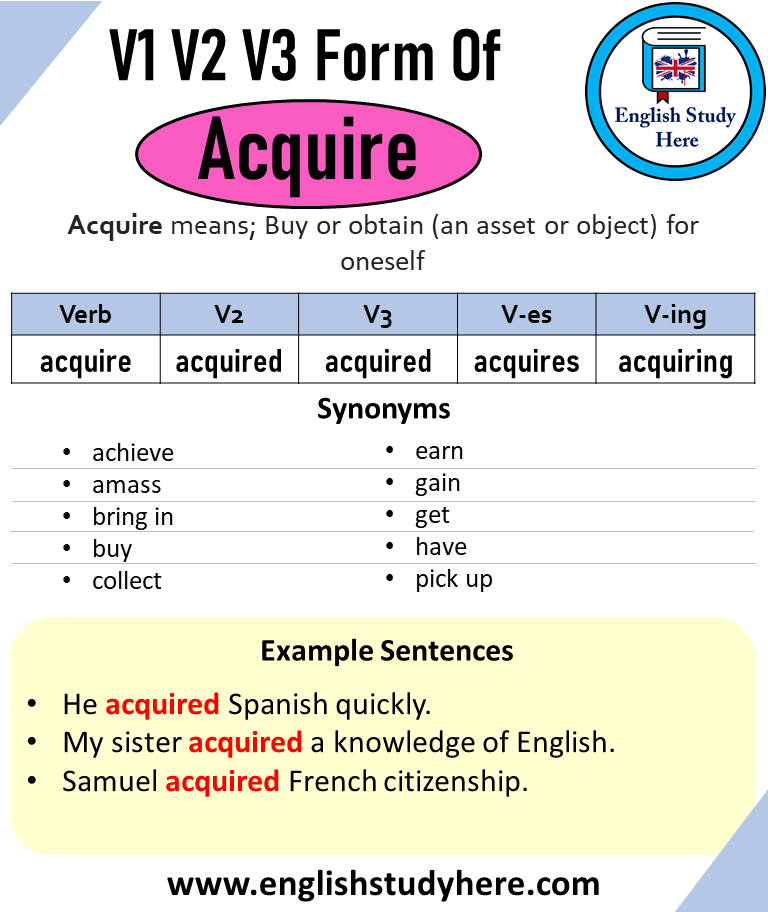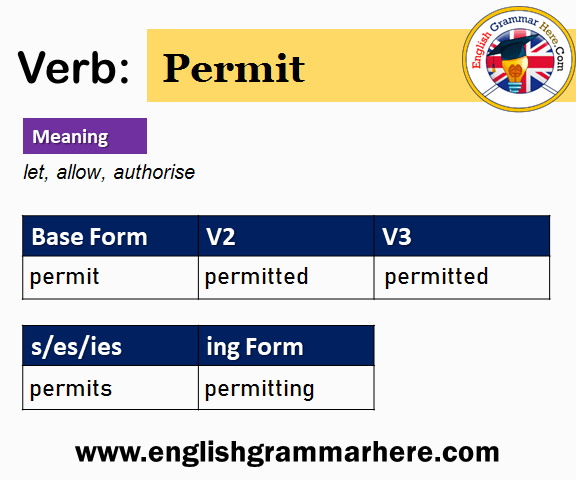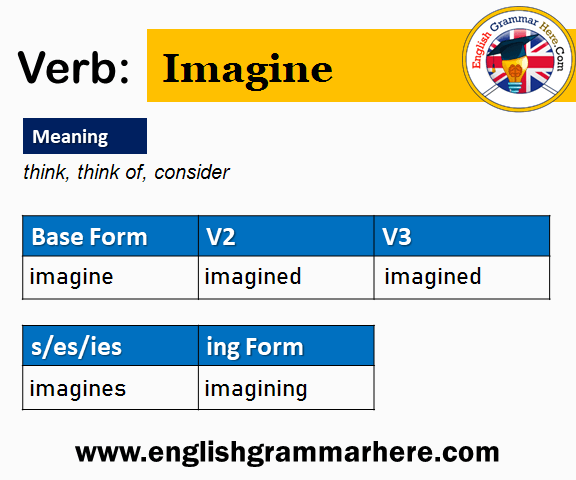Say Past And Past Participle Form V1 V2 V3 V4 V5 Form of Say
Have you ever found yourself wondering about the different forms of the verb “say”? Understanding these variations can be crucial, especially if you’re keen on mastering English grammar.
The verb “say” might seem straightforward, but its past and past participle forms, along with its other variations, can sometimes trip you up. Imagine the confidence you’ll gain by effortlessly navigating between V1, V2, V3, V4, and V5 forms. You’ll uncover the secrets of using “say” in all its glory.
So, if you want to enhance your linguistic prowess and impress with your grammatical accuracy, keep reading to discover the magic behind the verb “say”.

Credit: www.youtube.com
Forms Of Say
Words change form in different tenses. The word “say” is no different. Here are the forms of “say”:
| Form | Example |
|---|---|
| V1 | say |
| V2 | said |
| V3 | said |
| V4 | saying |
| V5 | says |
Using these forms can be easy. Just remember each tense. With practice, it becomes second nature.
Usage Of Past And Past Participle
The word saychanges with time. Its forms show this change. Pastform is said. We use it for things that happened before. Kids said they liked the candy.
The past participleis also said. It helps show actions that are completed. The teacher has said it many times.
Other formsare important too. The base formsay. The present participleis saying. The past formis said. The past participleis said.
These forms help us talk about time. They make sentences clear. Kids learn them in school.
Examples In Sentences
The word ‘say’is used to express words. When you saysomething, you talk. Saidis the past form of say. It shows you talked before. Sayingmeans you are talking now. You are telling someone something. The past participle is said. It shows you have talked. You might have said something important. Saying can be fun. You can say kind words.
- Say: I sayhello to my friend.
- Said: She saidgoodbye yesterday.
- Saying: He is sayinga joke now.
- Said: We have saidmany things today.
- Says: She always saysnice words.

Credit: www.pinterest.com

Credit: www.pinterest.com
Conclusion
Understanding the forms of “say” helps in clear communication. The past and past participle forms are essential for proper grammar. Simple rules make it easier to remember: say, said, said. Practice using these forms in sentences daily. This builds confidence in speaking and writing.
Remember, language skills improve with time and effort. Keep exploring and learning new words. Each step brings you closer to fluency. Enjoy the journey of language mastery. It’s a rewarding experience. Stay curious and keep practicing. Your English skills will grow stronger every day.
